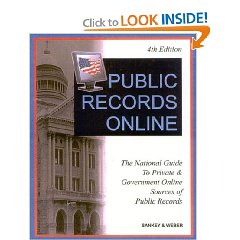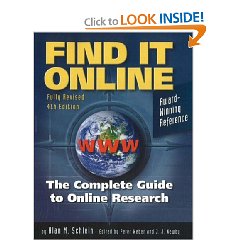The author's primary focus is on what some would call “public diplomacy” or “public affairs” information, that is, the message that goes out from the United Nations force (civil, military, police) to all concerned–the world at large, the participating governments, the Member governments not participating, all other NGOs and organizational participants, the host government, and the indigenous belligerents and bystanders (many of them refugees).
The author's two core points are that information operations must be in the UN mandate or it will be unlikely to be addressed as a coherent unified program by the leaders on the ground; and that the information program *must* be unified–there cannot be separate SGSR, force commander, and police commander messages and programs.
Although the author makes passing reference to intelligence and the value of information collected overtly by elements of the total force, both this work and the book specifically avoid any discussion of intelligence in the form of decision support, as the Brahimi Report has stated so forcefully is needed by the UN at the strategic, operational, and tactical levels.
The author makes very good points with respect to the need for continuity of operations (too many personnel on short tours make it impossible to succeed), for substantial numbers of language-qualified interpreters and translators, and for an educational program to teach all concerned within the force, the message, and their role in getting the message out.
The author touches very lightly on the fact that no amount of message is going to save a completely screwed up mission with the wrong mandate, insufficient forces, insufficient aid, and lousy tactical leadership.
In my view, in the age of information, the concepts of peacekeeping intelligence and information peacekeeping, two different concepts, are going to comprise the heart of stabilization operations world-wide. Emerging technologies including application oriented intelligence networks, semantic web and synthetic information architecture, super-sized federated data systems, and fully funded commercial information support operations, will dramatically alter what we do, when we do it, and how we do it, as we all seek to avoid war and foster prosperity within the lesser developed regions of the world.
The author is, in my view, one of the intellectual pioneers whose voice must be heard, and it is my hope that we will see more from her on this topic in the very near future.
See also:
Peacekeeping Intelligence: Emerging Concepts for the Future










